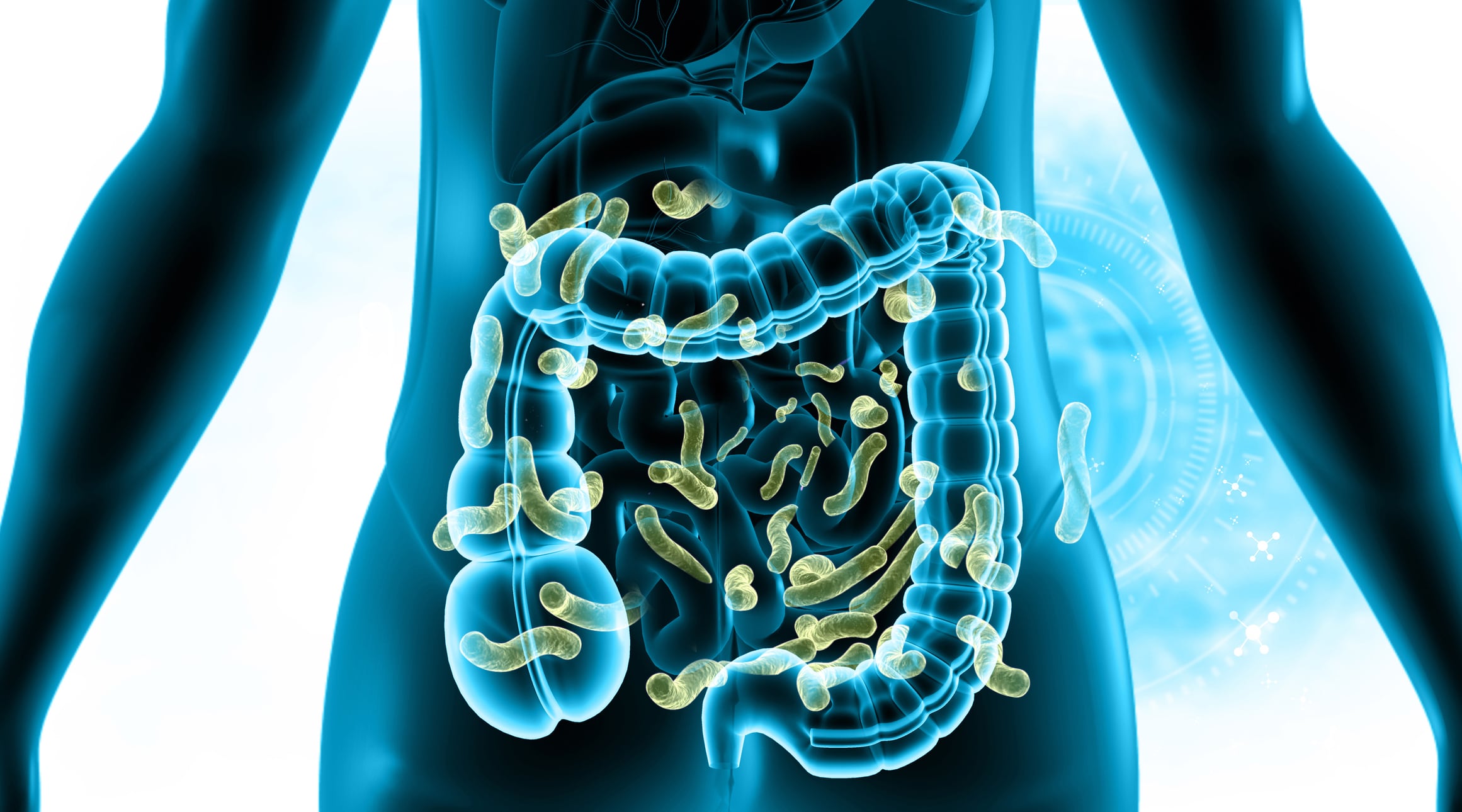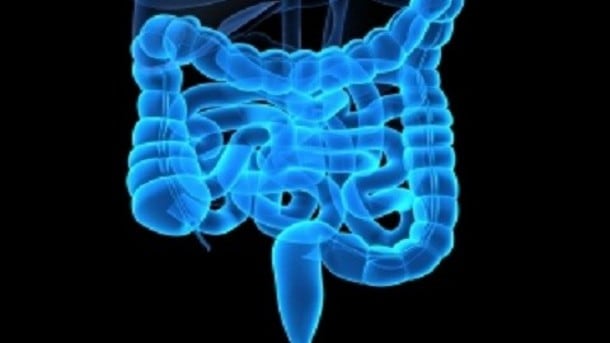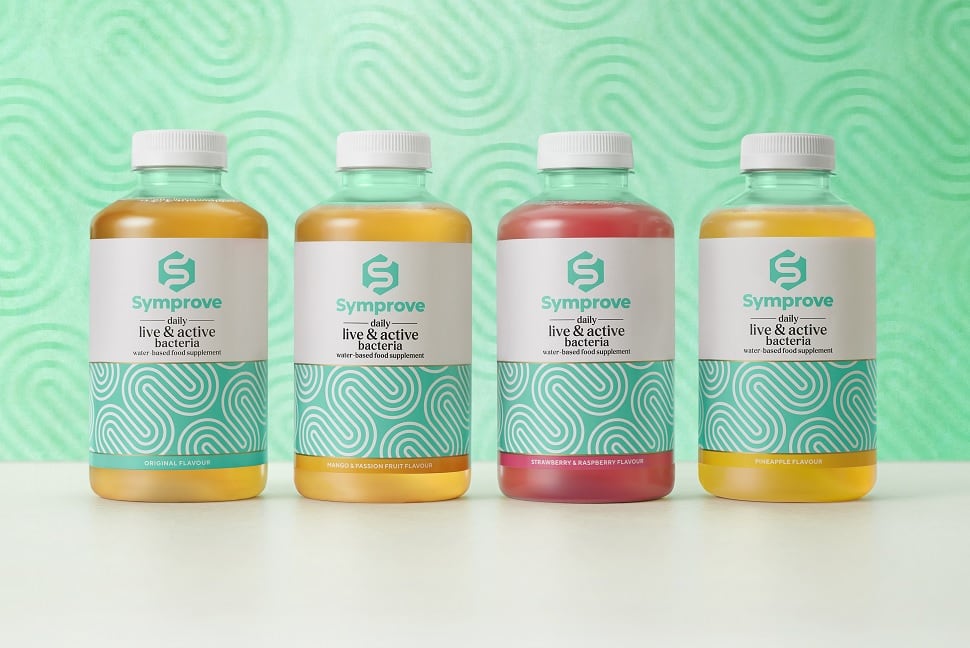Scientists at the University of Cambridge have discovered a method to naturally eliminate potentially carcinogenic Per- and Polyfluoroalkyl Substances (PFAS) from the human body using specific bacteria found in the gut.
Backed by funding from the BioInnovation Institute in Denmark, biotech start-up Cambiotics was founded in early 2024 to identify and commercialize probiotic strains capable of bioaccumulating PFAS, helping the body excrete these persistent pollutants.
Following the recent publication of their first preclinical study in mice, the company revealed that two bacterial strains—46-XY1 and 46-SL1, from the Bacteroides and Streptococcus families—successfully captured PFAS in the gastrointestinal tract.
“We have spent the last five years screening the microbiome for naturally occurring bacteria able to bioaccumulate PFAS and pollutants,” Peter Holme Jensen, CEO and co-founder at Cambiotics, told NutraIngredients.
He explained that PFAS in the blood and liver naturally travel to the gut but are often reabsorbed. The studied probiotics are designed to capture PFAS during their passage through the gut, leading to their excretion via the digestive system.
The research, conducted by Dr. Anna Lindell, vice president of technology and co-founder at Cambiotics, in collaboration with Professor Kiran Patil at the MRC Toxicology Unit, University of Cambridge, and published in Nature Microbiology last week, used a range of advanced analysis tools to reveal how certain bacteria can bioaccumulate PFAS in the GI tract.
‘Forever chemicals’
PFAS is the term used to cover a collection of around 15,000 harmful man-made chemicals found in a wide range of everyday products, including cookware, cosmetics and food packaging.
“It began during the Manhattan Project and the development of the atomic bomb,” Jessen explained. “The first PFAS chemicals were used to coat the inner surface of cylinders of acidic chemicals.
“Then they realized the same coating could be used for the development of Scotchgard to make things water and stain resistant. Then it was used for Teflon pans, then food packaging and other materials. For 40 to 50 years it has gone into tens of thousands of products, and these chemicals don’t break down so they are now all over the environment and in our food chain.”
“These chemicals have been linked with several cancers, decreased longevity, higher cholesterol and decreased immune responses,” he added.
While this continued relatively under the radar for several decades, Jensen argued there has recently been a shift, and awareness is quickly growing.
Commercial launch on the horizon
Cambiotics is now working towards commercial production of a supplement for human consumption, with the first human study expected to begin in Q1 2026.
Jensen said the “conservative plan” is for commercial launch of the supplement brand 46& (referring to the 46 human chromosomes and beyond) after the human study is complete, in Q4 2026, but he hopes there will be an opportunity start selling earlier than this through partnerships with high-risk groups.
“We could potentially sell before the study is concluded through a partnership with the Military or Firefighters, he said. ”These people have elevated PFAS levels in their blood as a result of the presence of these chemicals in military bases, extinguishing foam and fire resistant apparel, making these groups at higher risk of getting cancer. Due to the higher risk, we want to start intervening as soon as possible.”
The firm has partnered with diagnostics companies, Quest diagnostics in the United States, to demonstrate the efficacy of its supplement and offer the diagnostics firms with a treatment solution for individuals with elevated levels.





